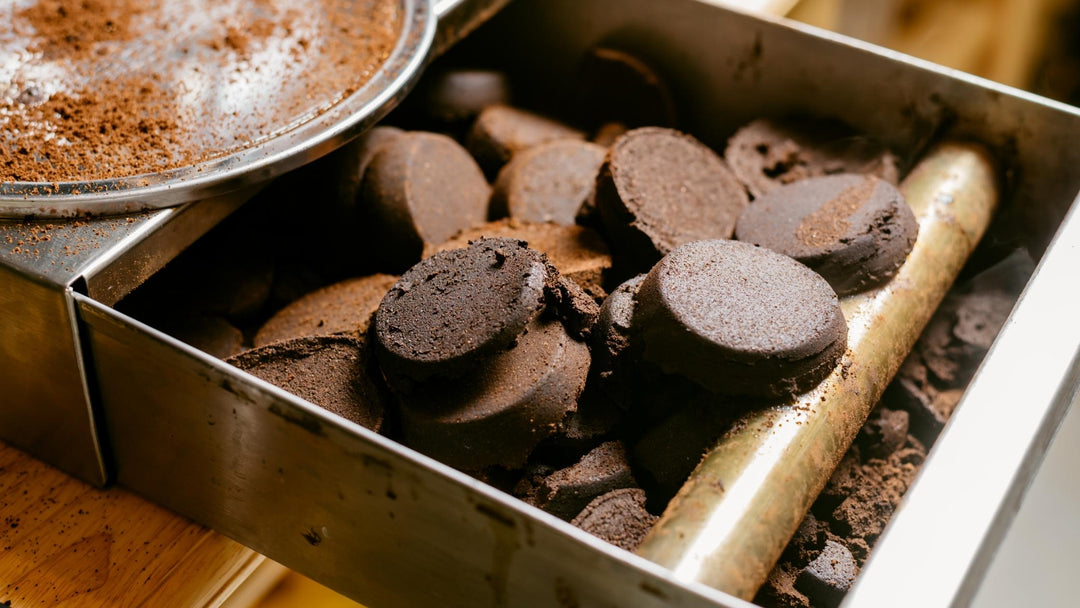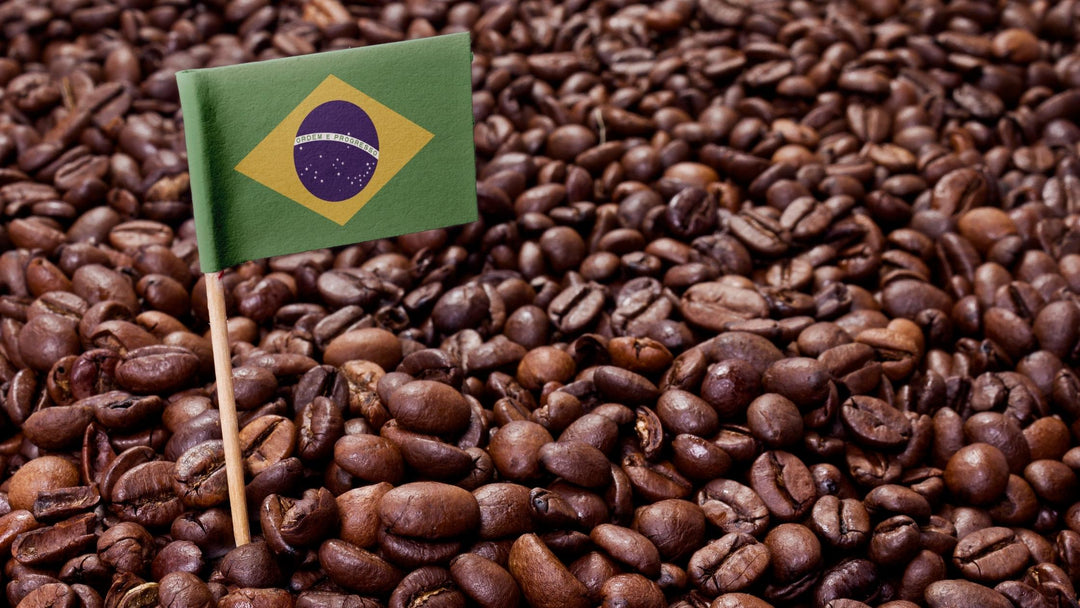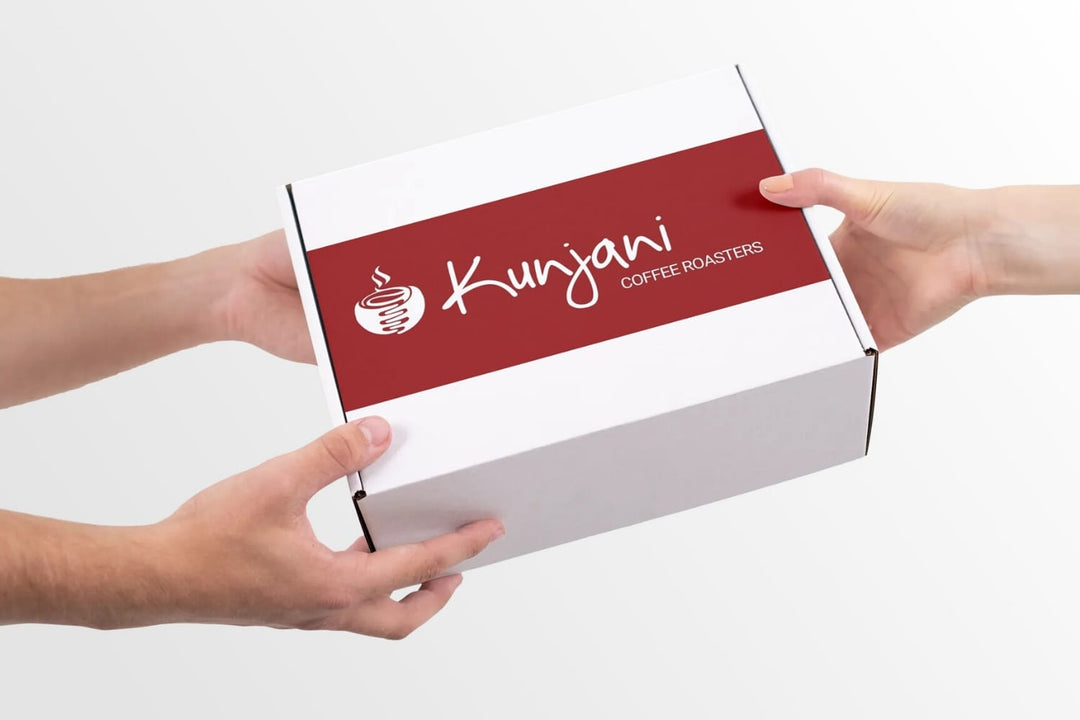No matter the differences that divide each country or community globally, one thing unites us all—our appreciation for this wonderful drink known as coffee! Taste is subjective, but it may as well be a fact that coffee is considered among the best-tasting beverages in the world.
Our beliefs, traditions, and cultures may be distinctly different, but most of us have a cup of coffee or two to start the day on a good note, or to end it with a satisfying conclusion. However, although the love for coffee is pretty much universal, not all coffee has the same quality or tastes the same.
The Hunt for the Perfect Brew
Every market or grocery store may be chock full of coffee, but only a select few can guarantee a fully satisfying caffeine experience. The best brew isn’t as easy to find as you’d expect—and an ideal coffee may not even be sold in your local stores!
Many people spend their lives not knowing the full potential of coffee or experiencing how a cup of coffee should be experienced because they don’t realize that they’re settling for less. If you want to have a genuinely excellent start and end to your day, you must not settle for “just okay.” To have the best caffeine experience, it’s crucial to source your coffee from the best!
Finding the Best Coffee in Ethiopia
When talking about coffee, you can’t forget about Ethiopia! As the place where coffee was discovered, you can trust that coffee sourced from this country tastes fantastic and even possibly better than what you’ve had before.
Here are a few reasons why we love Ethiopian coffee—and why you should, too!
1. The Unique Flavors
Compared to other origins, Ethiopian coffee beans give off bright fruited and floral flavors due to the processing method. Wet-processed or washed coffees result in beans characterized by their complex and bright notes, creating a clean-tasting final cup.
Naturally processed coffees like our Quantit Natural, are dried with the fruit still on the bean. The pulp of the fruit is not removed until right before shipping. These beans are enriched with stronger fruity notes, such as blueberry, and have rich chocolate undertones and a syrupy body.
Naturally processed coffees have been prepared the same way for centuries, creating a timeless flavor that differentiates Ethiopian coffee beans from others. Wet processing on the other hand, is very recent and is constantly evolving as new equipment enters the market.
2. The Diverse Quality
Since Ethiopian coffee beans vary from lot to lot, finding the lot superior to the rest can take some time. However, despite the changes in the quality of coffee, you’re sure to have a wonderful caffeine experience thanks to how the coffee trees in Ethiopia are grown.
Thanks to the country’s natural environment, fantastic coffee is produced more often than in other places. The high elevations in the southern mountainous regions create excellent growing conditions, resulting in delicious Ethiopian coffee beans.
The soil is rich in nutrients, and the vegetation is abundant. The majority of coffees are produced in the shade and among other plants without the use of agricultural chemicals. Coffee growers in other parts of the globe, on the other hand, must plant specialized varieties of coffee and establish optimal conditions, such as adding more trees to offer shade for the little coffee plants.
The coffee shrub's ideal growth conditions and high genetic variety are a big part of what draws us to Ethiopian coffee.
3. The Tradition
Coffee is heavily ingrained in the lives of the Ethiopian people; its significant role is present in various expressions dealing with relationships, food, and life. The coffee ceremony in Ethiopia may be distinct to their country specifically, but the passion and deep respect they feel is what makes Ethiopian coffee special.

Each ceremony lasts around 2-3 hours and it's not uncommon for families to attend two or three of these rituals every day. This is a family-friendly event in which even youngsters help serve coffee to the elderly. Guests are regularly welcomed and the topics of discussion might span from politics to the local community and beyond.
During the ceremony coffee is freshly roasted in a pan, pounded by hand using an instrument resembling a mortar and pestle, and gently brewed in a traditional piece of pottery by boiling over an open fire. To avoid spilling the grounds, the coffee is poured very slowly.
Many people drink their coffee with a spoonful of sugar but never with milk. More water is added to the pot and it is reboiled twice more, becoming weaker with each brew. The second and third brews are just as important as the first, even if they don't taste as delicious.
Conclusion
Ethiopian coffee isn’t just like any other coffee product you can find in your grocery store. Each Ethiopian coffee bean is grown with love, enveloped in centuries of rich history, and has a vast variety of flavors to introduce. As long as you source your Ethiopian coffee from a trusted seller, you’ll undoubtedly have a caffeine experience like no other!
Are you looking for the best-tasting Ethiopian coffee beans? Then, you’ve come to the right place! At Kunjani, our coffee beans are sourced from farms and producers that meet our quality, sustainability, and transparency standards. We roast our specialty coffee in small batches for a quality cup of coffee every time. Browse our products today!












Leave a comment